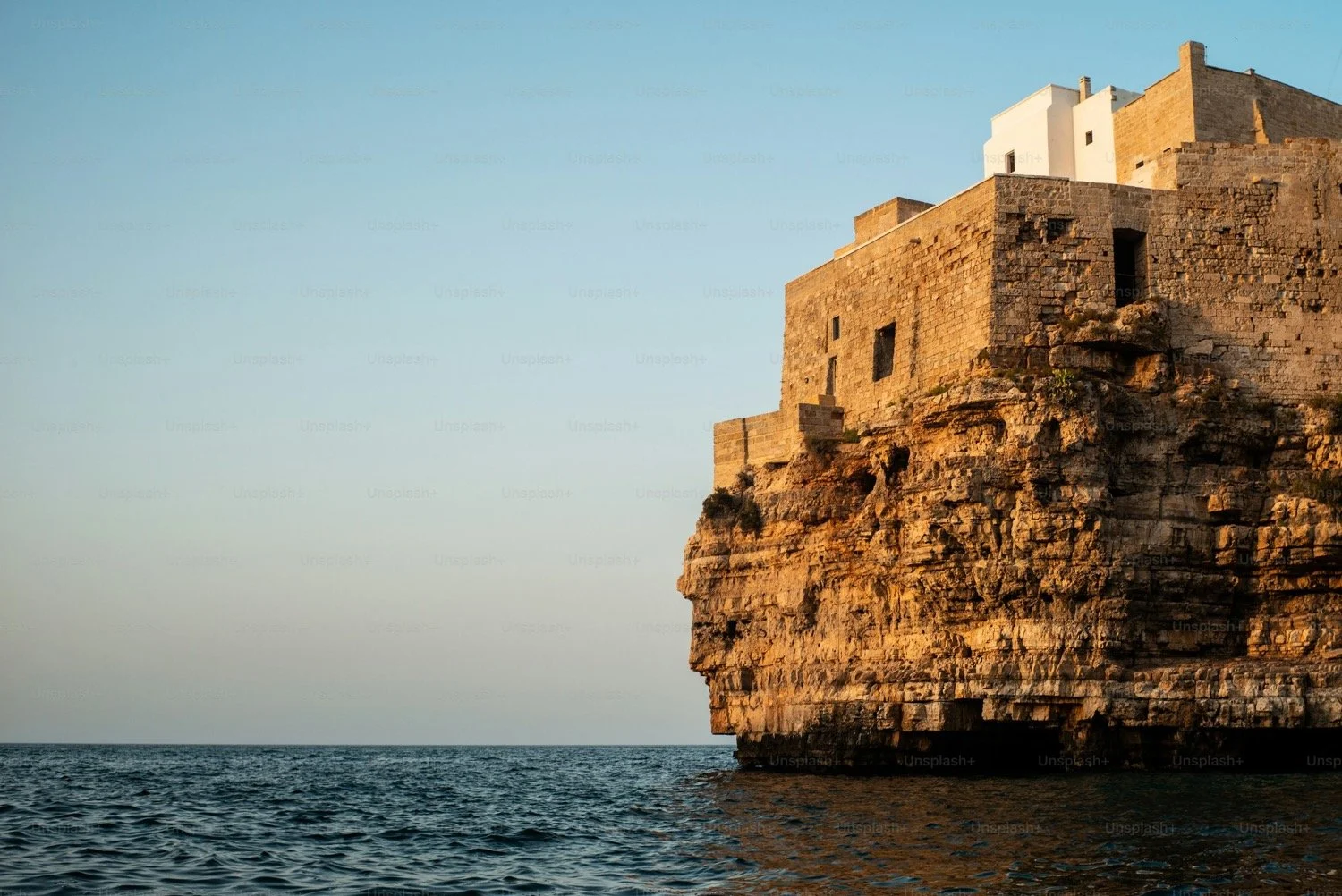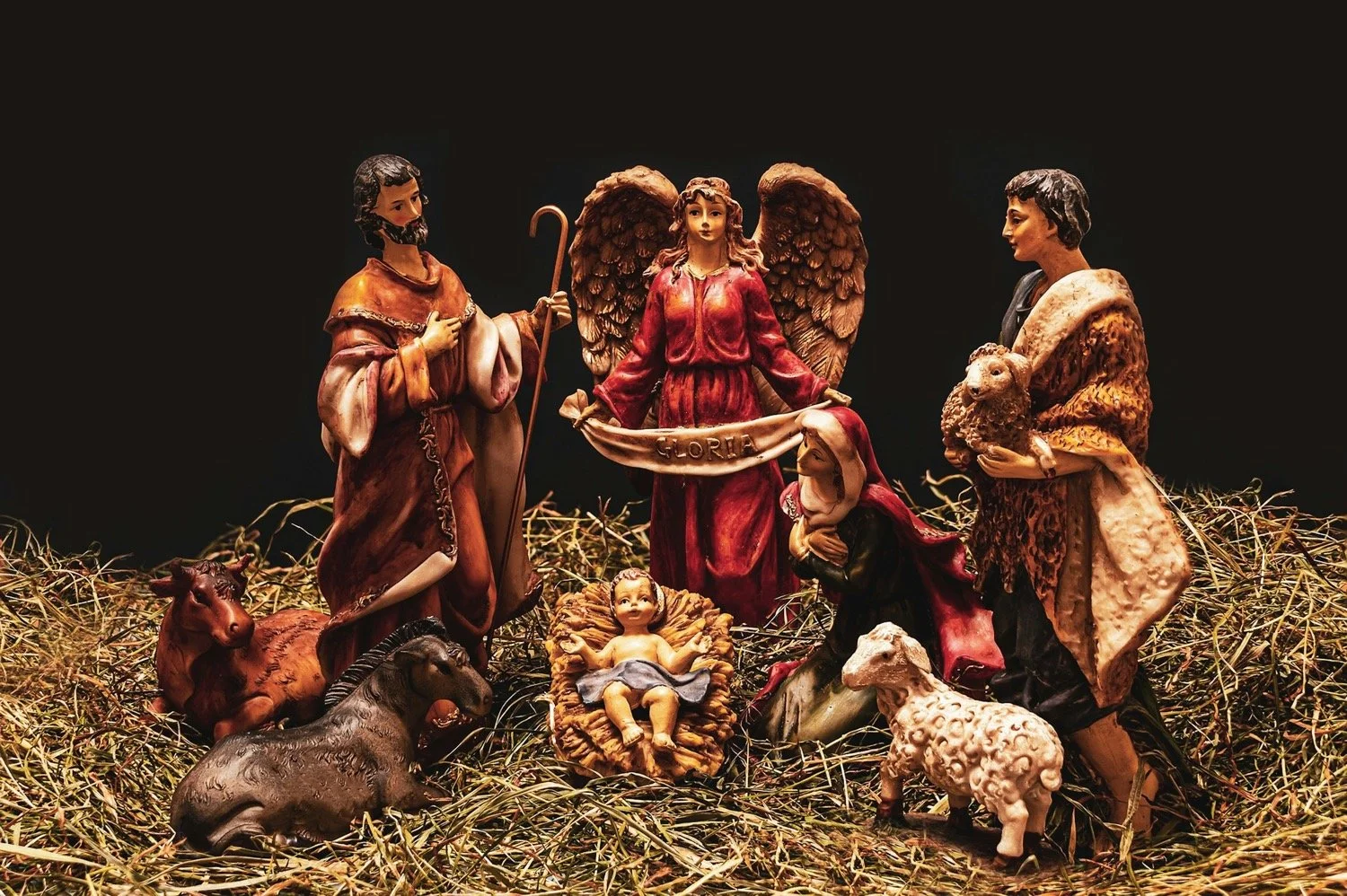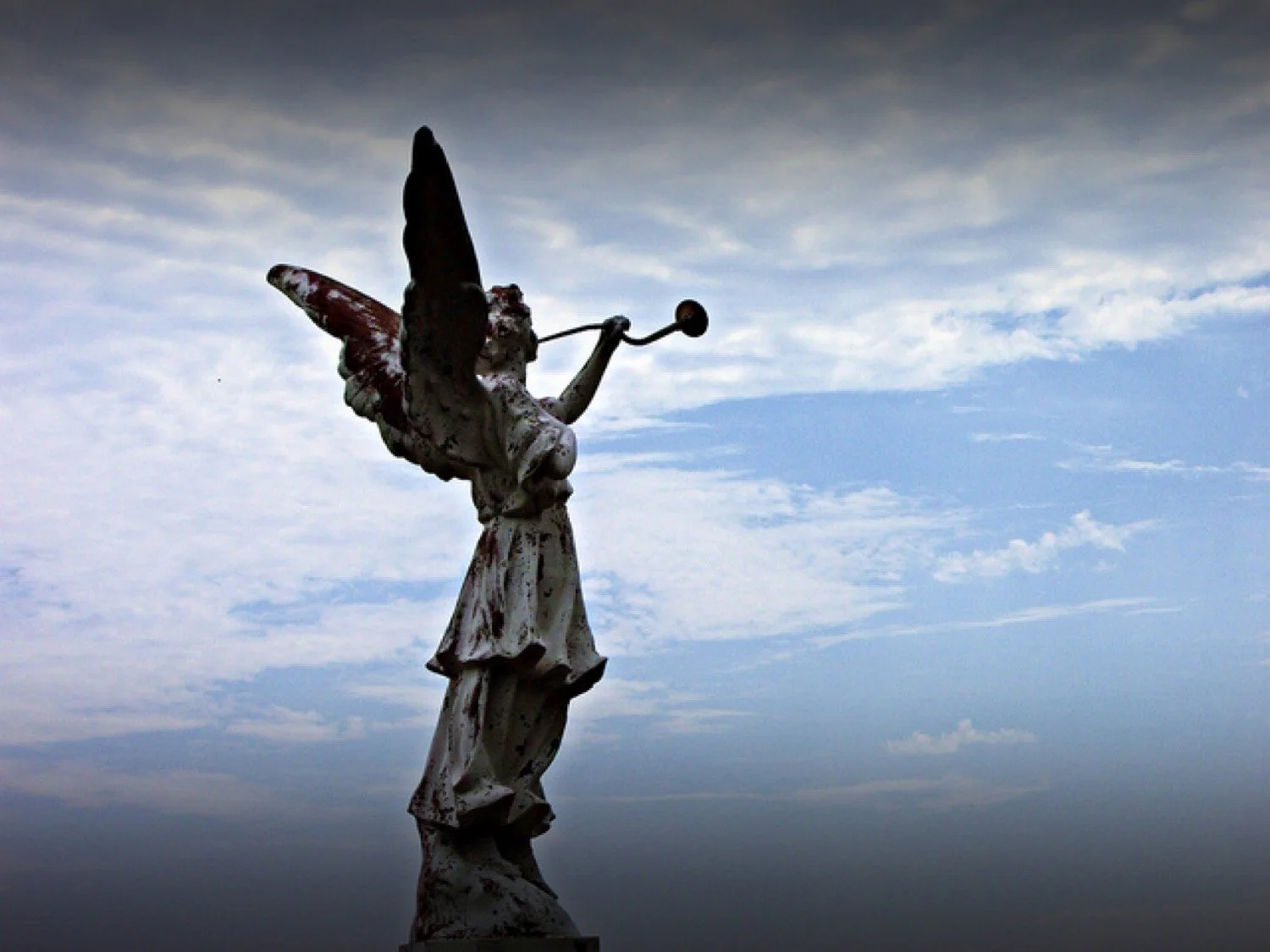Readings for today: Luke 6-7, Psalms 115
God bless you. God bless America. God bless this nation, this land, this people, this tribe, this family. All of us want the blessing of God on our lives. All of us want to experience the blessing of God. All of us want to live in a country that is blessed by God. But how do we get from here to there? How must we live so the blessing will come? What must we value? What must we treasure? What must we prioritize in order to make ourselves “blessable?”
Jesus makes it very clear. Blessed are those who are poor, hungry, grieving, and hated because of the “Son of Man.” That last point is key. It is the critical qualifier that governs everything that comes before it. As Christians, we walk by faith not by sight. We are called to give all we have unto the Lord. We are to dedicate every single dollar, even to the point of impoverishing ourselves, to the work of the Lord. We are called to give regularly and cheerfully and sacrificially. And when we do this, Jesus tells us we are blessed because what we will receive in return is nothing less than the Kingdom of Heaven. We are called to share our food and resources with those around us. To the point where we ourselves may go hungry. And if we do, Jesus says, we will be filled. Fulfilled in ways we cannot begin to imagine. We are called to grieve over the state of the world. Grieve over the lostness of our friends and family and neighbors. Grieve over the injustice and oppression and violence and hatred and rage. Grieve over the rampant sin and immorality. And if we find our hearts breaking, Jesus says we will begin to see beyond the horizons of this world to the world to come and we will rejoice. We should expect persecution. We will be hated. We will excluded. We will be insulted. We will be slandered. We will be called evil as we seek to follow Jesus. But those are simply signs that we stand in good company. The company of the ancient prophets of Israel. The company of the saints who have gone before us. And we can rejoice and leap for joy on that day even in the midst of all we are suffering for we know the reward waiting for us in heaven will make it all worth it.
So…is this the blessing you seek? Is this the blessing you desire? Are you willing to live a life that is blessable? A life of daily sacrifice? A life of service? A life of humility and compassion and grace and love? A life of radical generosity? A life of radical faith? Or, have you chosen a different way? Do you want to have it both ways? Do you want to be rich in this world while still trying to follow Jesus? Then you have received your comfort already and small comfort it is! Do you want to be full in this world and never in need? Then you will find yourself hungry. Hungry for more out of life. Do you find yourself laughing, without a care in the world? Then you will find yourself grieving as the eternal consequences of your decisions start to set in, both for yourself and those around you. Do you enjoy a good reputation? Do you make it a point never to rock the boat or stand up for the truth of Christ? Then you most likely have compromised in some way and “gone along to get along” and will not find yourself in the company of the prophets and saints who gave everything to pass along the faith you now enjoy. Ask the Holy Spirit to show you where you might repent and make the turn back to Jesus.
Readings for tomorrow: Luke 8-9, Psalms 116




